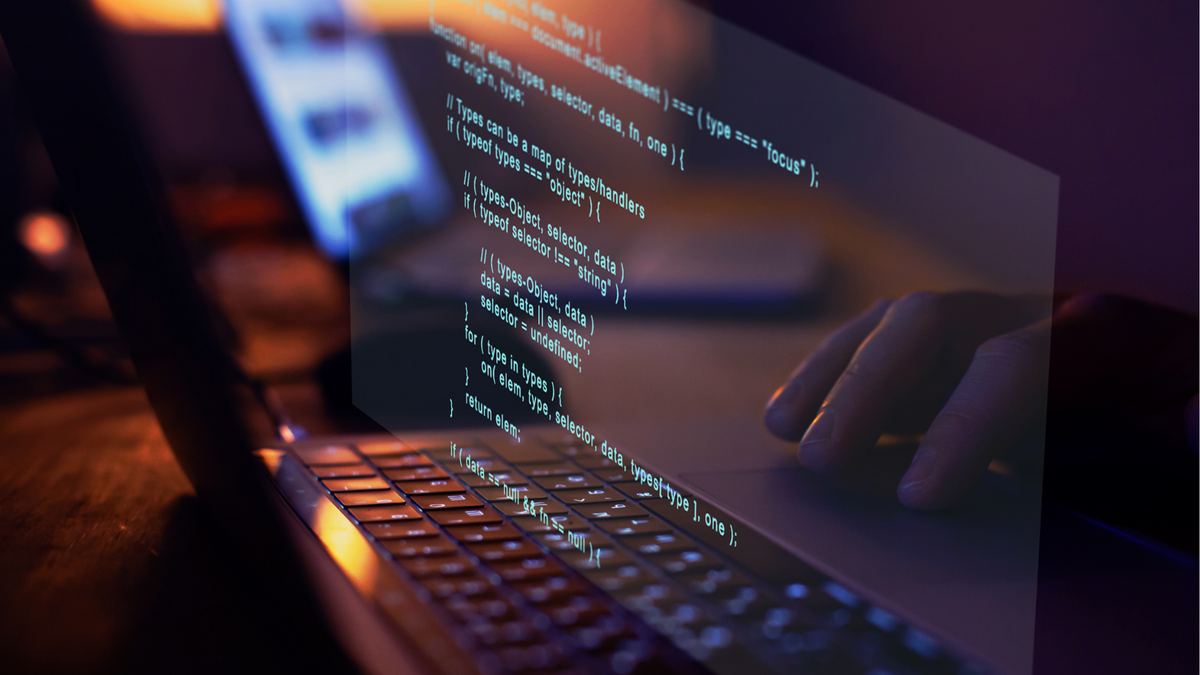Is Code Protected Speech?

Code isn’t just zeros and ones—it’s the language of modern life. But should creators of digital weapons have the same constitutional rights as journalists?
Should code be protected speech, in the same category as books, art, or journalism?
The easy answer is yes—all human creativity can and should be considered free speech.
But what happens when the code in question malicious?
If all code is speech, does that include malware, viruses, and software meant to steal or destroy? Should the creators of these digital weapons have the same constitutional protections?
The code that runs our cars, powers our grids, and processes our votes is the language of modern life. As algorithms increasingly influence anything and everything, from what we buy to how we vote, the way we classify this language—speech or something else—will define our digital rights for generations.
So when does software become a human right?
And where the fuck do we draw the line?
The Genesis of Code as Speech
The idea of code as speech has been percolating through the legal system for decades, gaining momentum as our reliance on software has grown. The landmark case that first brought this issue to the forefront occurred in the 1990s when the Electronic Frontier Foundation (EFF) championed the cause of cryptographer Daniel Bernstein. Bernstein wanted to publish the source code for an encryption algorithm he had developed, but he found himself at odds with government regulations that treated such code as a munition, subject to export controls.
In a groundbreaking decision, the court ruled in Bernstein's favor, stating that software source code was indeed speech protected by the First Amendment. The court's reasoning was pivotal:
"The distinguishing feature of source code is that it is meant to be read and understood by humans, and that it can be used to express an idea or a method."


